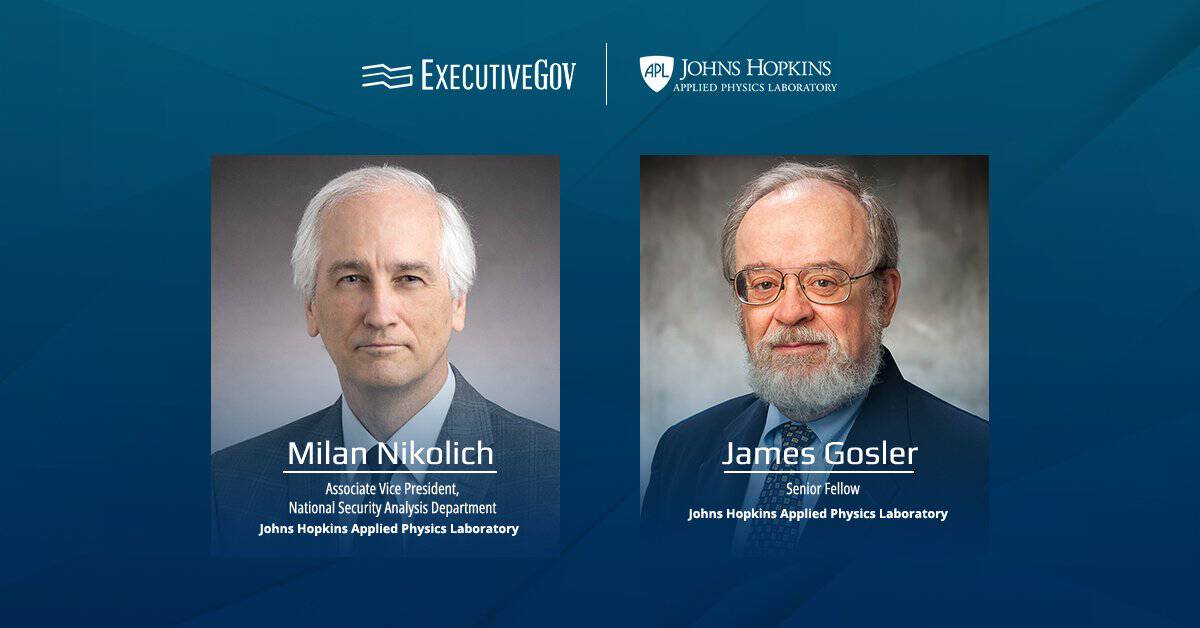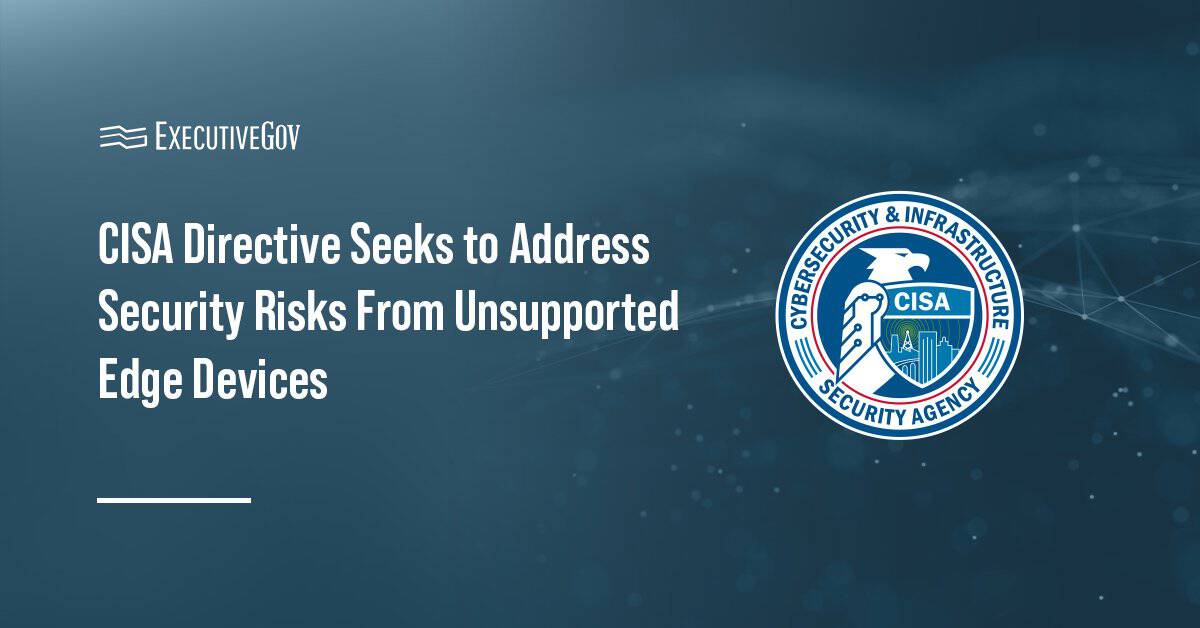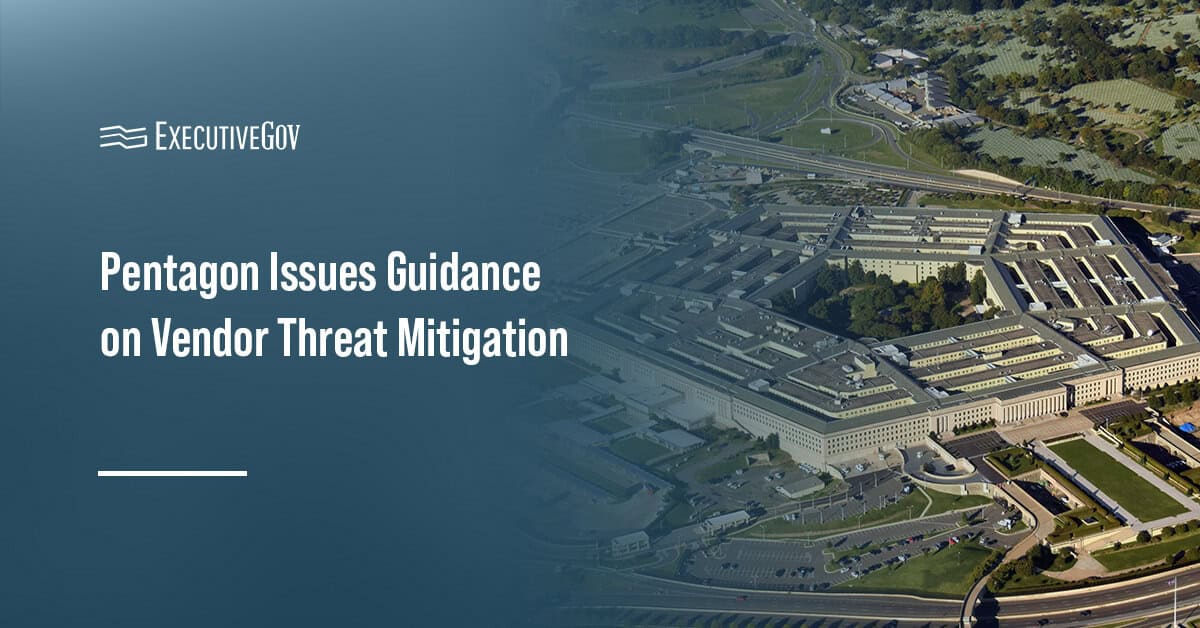 The Justice Department has initiated efforts to evaluate the risks posed by the adoption of internet-connected devices to national security, Defense One reported Thursday.
The Justice Department has initiated efforts to evaluate the risks posed by the adoption of internet-connected devices to national security, Defense One reported Thursday.Patrick Tucker writes John Carlin, U.S. assistant attorney general for national security at DOJ, said that his division has formed a new group that aims to understand how threat actors could exploit the Internet of Things in terrorism and other nefarious activities.
“We made that mistake once when we moved all of our data, when we digitally connected it, and didn’t focus on how… terrorists and spies could exploit it,â€Â Carlin told attendees of the Intelligence and National Security Alliance’s annual summit.
“We can’t do that again when it comes to the Internet of Things, actual missiles, trucks and cars,†he added, according to the report.





